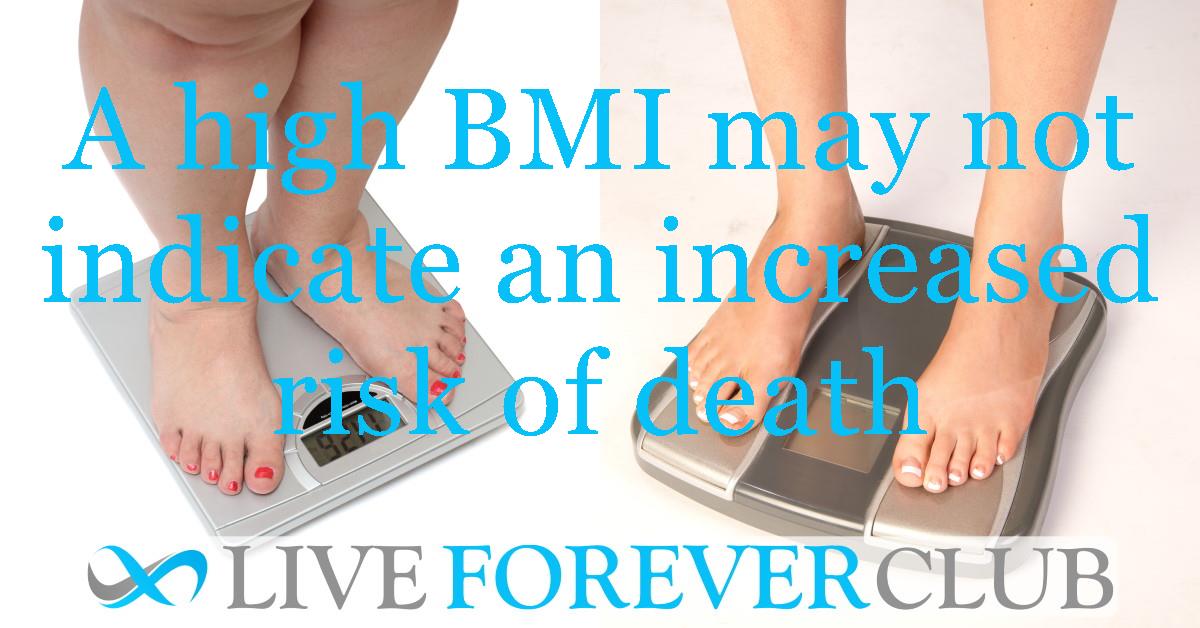Key points from article :
A large study finds a slightly lower rate of death in people who are overweight than those with a supposedly ideal weight
Hints that the threshold at which individuals are classed as overweight has been set too low.
In most countries, healthy weight is defined as BMI of 18.5-24.9; overweight is BMI of 25-29.9 and obese is 30 and above.
Researchers analysed data from a more recent study that began in 1999, and tracked the survival of about 500,000 ethnically diverse US adults for up to 20 years.
Having a BMI of 25-27.4 showed a 5% lower risk of death than a BMI within the healthy weight category of 22.5-24.9.
A slightly higher BMI, of 27.5-29.9 linked with a 7% lower risk of death.
It would be premature to conclude that overweight is better than being in the healthy weight, because population studies can have biases that distort the results.
“BMI overall is just not a good indicator of mortality risk – other factors such as body fat distribution also play an important role,” - Aayush Visaria, corresponding author.
The American Medical Association advised that BMI shouldn’t be used in isolation to assess people’s weight, but should be considered alongside waist circumference and other measures of health.
Study by Rutgers Institute for Health in New Brunswick published in the journal PLoS One.






